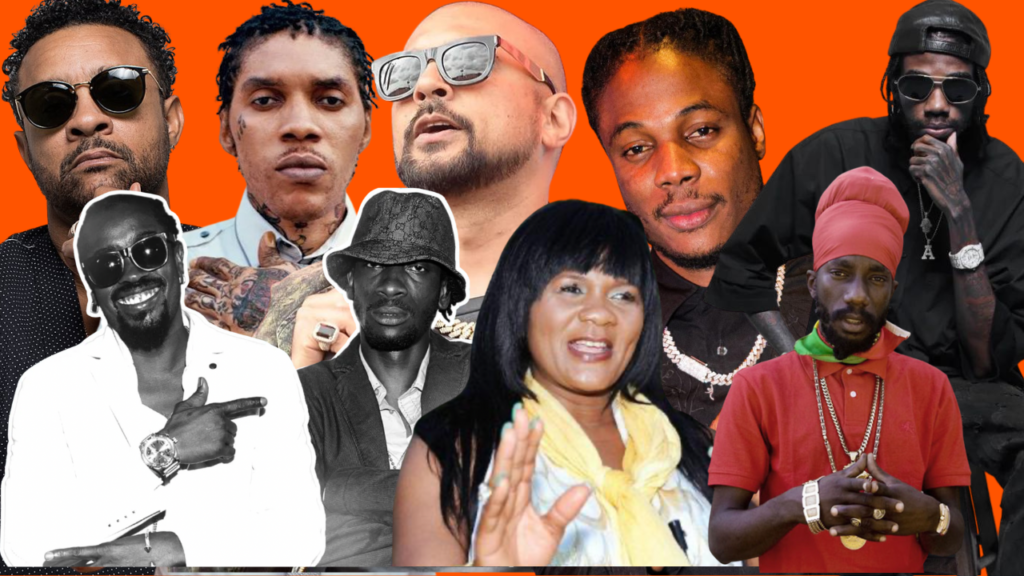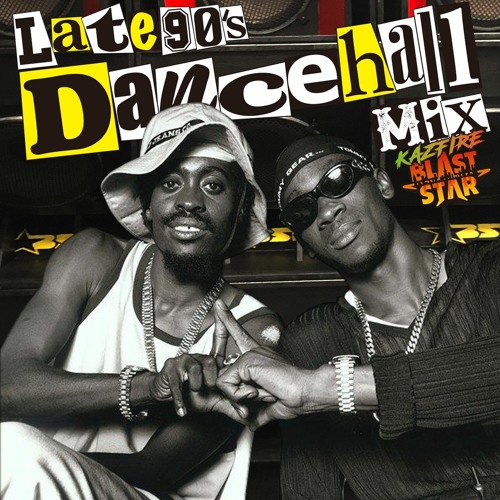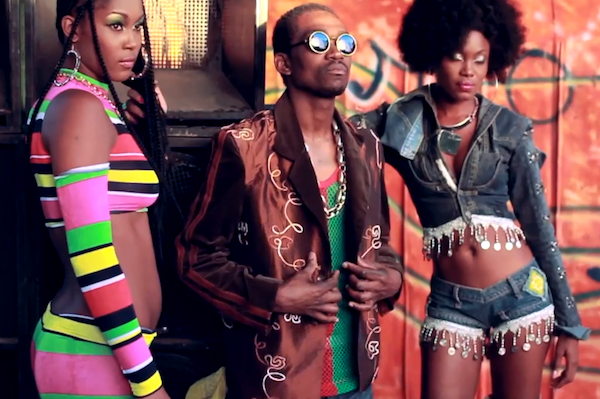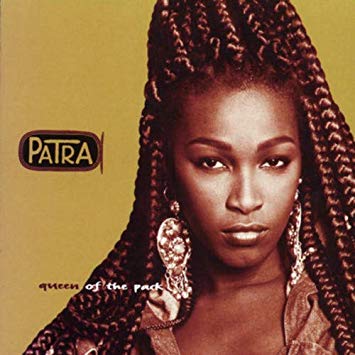
Dancehall, once a vibrant and influential genre, now faces questions about its vitality and identity. A glance at the Spotify list of most-streamed artists in global Dancehall reveals Sean Paul at the top, followed by Popcaan and Kartel. However, amidst these rankings, a larger issue looms – is Dancehall stagnant?

The Sales Conundrum
Dancehall's struggle with sales is undeniable. While Sean Paul and Shaggy achieved global success, recent albums, like Masicka's, showcase the genre's sales challenges. Selling 3k in the first week might be commendable within the Dancehall realm, but it pales in comparison to other genres. This disparity raises questions about the genre's commercial appeal.

The Identity Crisis
Dancehall's supposed golden era in the early 2000s carried a unique, infectious party vibe. However, a pivotal error occurred when the genre started incorporating more hip-hop influences. The content shifted away from the authentic Jamaican dancehall party music that had initially captured global attention. This deviation has contributed to the genre's stagnation.
Afrobeats’ Ascendance
Drawing a parallel with Afrobeats’ rise reveals some stark differences. Afrobeat artists maintained a cultural authenticity in their content, a key element that Dancehall seemed to abandon. Bad Bunny, a Spanish-language artist, sells over 150k in the first week consistently. His success lies in the preservation of cultural authenticity, a lesson Dancehall could learn from its global counterparts.

The Content Quandary
Dancehall's content took a turn towards shock value, mirroring elements from hip-hop's more explicit themes. This deviation has led to a negative perception of the genre. In contrast, genres like Afrobeat and Reggaeton, which incorporate Dancehall elements, have maintained a positive vibe and authenticity, attracting a broader audience.
The Way Forward
To rejuvenate Dancehall, a reconnection with its roots is essential. Returning to the infectious party vibes and authentic Jamaican sound that defined its early success could revitalize the genre. Embracing cultural authenticity, as seen in the success of Afrobeat, might be the key to breaking the stagnation.
In conclusion, while Dancehall retains a global audience, its stagnant sales and identity crisis raise concerns. Revisiting the genre's roots and prioritizing cultural authenticity could be the catalyst needed for Dancehall's resurgence in the global music scene.
